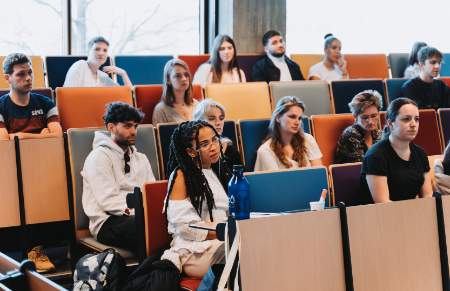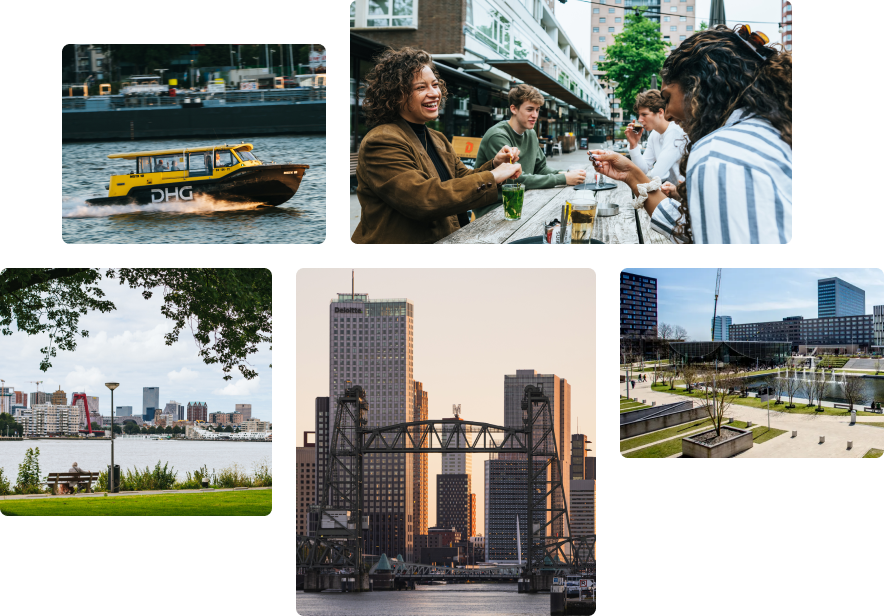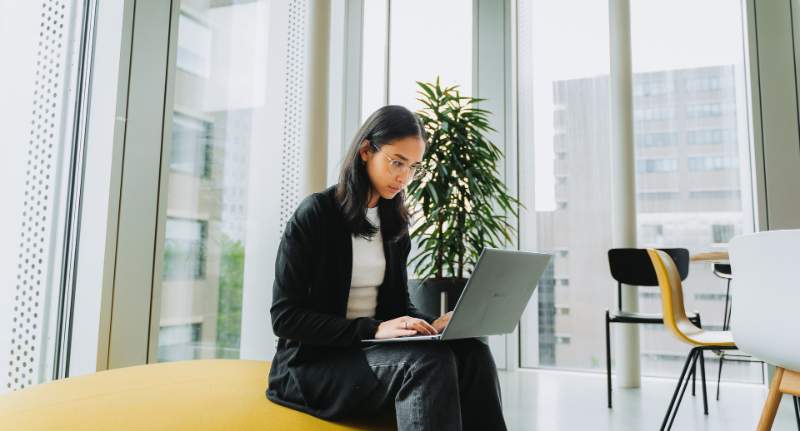Is deze studie iets voor jou?
Ben je geïnteresseerd in de steeds veranderende mediaomgeving? En ben je nieuwsgierig, misschien wel bezorgd of juist hoopvol over de rol van de media in culturele en politieke transformaties? Dan is de masterspecialisatie Media, Culture & Society de juiste opleiding voor jou. Tijdens dit masterprogramma onderzoek je op welke manieren media worden gevormd door ons persoonlijke en sociale leven en welke effect ze daarop hebben.
Belangrijkste Feiten & Cijfers
- Type
- Master
- Diploma
- MA
- Vorm
- Fulltime
- Voertaal
- Engels
- Tijdsduur
- 1 jaar
- Studiepunten (EC)
- 60
- Locatie
- Campus Woudestein
- Startdatum
- September
- Aanmelddeadline (EEA)
- 15 mei
Het studieprogramma in het kort
Media, Culture & Society is een van de vijf masterspecialisaties van Media Studies. Deze specialisatie biedt jou belangrijke inzichten en vaardigheden om de complexe en veranderende rol van de media in ons persoonlijke, politieke en culturele leven te onderzoeken en te begrijpen. In de verschillende vakken besteden we veel aandacht aan representatie van de media en aan processen van productie, distributie en ontvangst van gevestigde en opkomende media. We nemen de digitalisering van vandaag serieus, zijn er kritisch op en houden daarbij rekening met bredere historische fenomenen en specifieke sociaal-culturele contexten.
“Het is eigenlijk een sociologisch perspectief op hoe media in ons dagelijks leven werken.”

Dit ga je leren
- Verwerf expertise over belangrijke ontwikkelingen in de mediawereld en de bredere maatschappelijke oorzaken en gevolgen daarvan.
- Je doet de nieuwste kennis op over processen van mediaproductie, -distributie en -receptie.
- Leer hoe deze processen en hun implicaties systematisch te onderzoeken.
- Analyseer complexe sociale en culturele verschijnselen die verband houden met de snel veranderende mediaomgeving.
- Train je academische vaardigheden zoals kritisch lezen, presenteren, debatteren, schrijven en het uitvoeren van empirisch onderzoek.
Meer weten? Ontmoet ons hier

Carrièremogelijkheden na je studie
Afgestudeerden van Media, Culture & Society zijn goed geïnformeerde en maatschappelijk betrokken professionals met uitstekende vooruitzichten op de arbeidsmarkt. Veel van onze afgestudeerden vervullen management-, marketing- en pr-functies in de media- en communicatiesector, de creatieve industrie of de kunstwereld. Sommigen werken als redacteur, journalist of producent in verschillende media. Anderen zijn beleidsmaker of consultant bij overheden en NGO's, of volgen een academische carrière.


